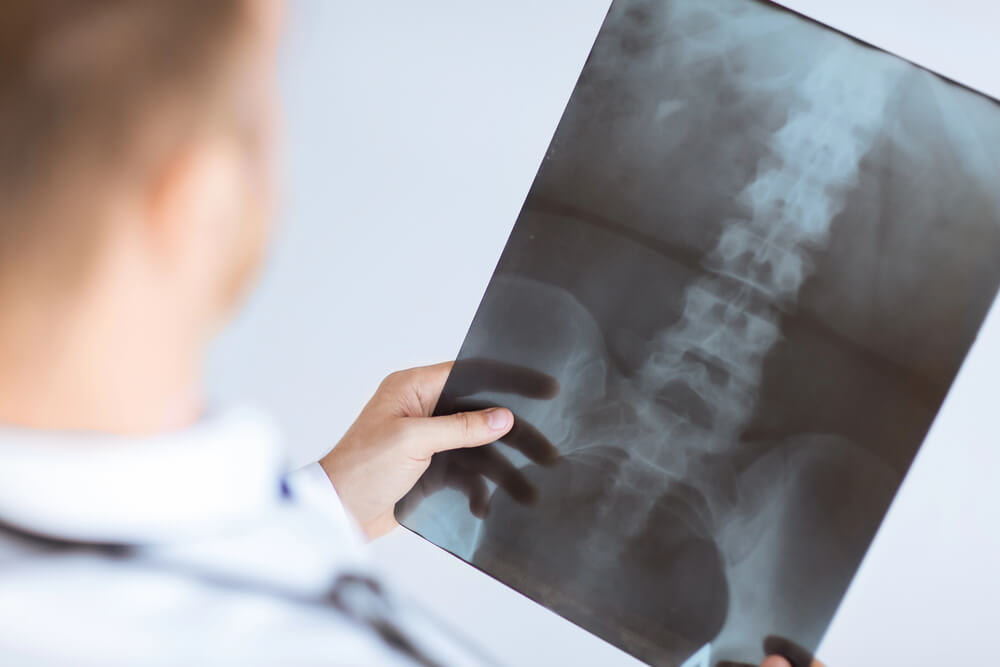
Back injuries account for 25% of all workplace injuries and 33% of compensation costs, making them one of the most common causes of missed work and lost productivity.
However, back injuries can be tricky to diagnose, and many workers have difficulty convincing their employers or the insurance company that their injury happened at the workplace. If you were hurt on the job, you need to learn how to prove a back injury at work.
How Can I Prove a Back Injury at Work?
Every back injury case is different, and the specific steps you should take may depend on the unique factors of your case. However, there are some general guidelines you can follow.
To prove your back injury is work-related, you must prove that your work environment or the job you do significantly contributed to your injury or condition or made an existing condition worse. The most critical evidence you need to prove this is your medical records.
You need detailed documentation from every healthcare provider who has provided a diagnosis or treatment related to your injury, including the date, time, and type of injury and any tests or treatments you received. You also need to prove that your injury happened at work.
The testimony of any co-workers, supervisors, or other witnesses can help substantiate your case. If there are security cameras in your workplace, try to get the footage.
If wear and tear or repetitive strain over a long period caused your injury or condition, there probably won’t be any specific incident you can point to. In this case, you may need the testimony of experts to link your condition to your work or workplace environment.
The experienced workers’ compensation attorneys at Koonz, McKenney, Johnson, and DePaolis, LLP, can help you gather the evidence you need to prove a back injury at work.
Why Are Back Injuries Hard To Prove?

Back injuries are notoriously difficult to diagnose. While some types of injuries, such as fractured vertebrae or herniated discs, show up on imaging tests, doctors must diagnose many injuries based on symptoms reported by the patient.
Additionally, sometimes pain and other symptoms don’t occur until days after an injury, making it difficult to link back pain to a specific work-related accident. Because back pain is a common complaint, particularly as people get older, many employers and insurance companies dismiss claims as the result of wear and tear from aging or old injuries that didn’t happen at work.
What Should I Do If I Injure My Back at Work?
Because back injuries can be so difficult to prove, it is essential to report all workplace accidents immediately, even if you don’t think you have an injury. Fill out any paperwork your employer gives you, get medical treatment, and report your injury to the Washington, D.C., Office of Workers’ Compensation no later than 30 days from the date of it occurred.
Where Can I Get Help With Proving My Back Injury Happened at Work?
If you hurt your back on the job in the D.C., Maryland, or Virginia area, the team at Koonz, McKenney, Johnson, and DePaolis, LLP, can help you gather the evidence you need to prove your back injury happened at work.
Contact us today to schedule a free initial consultation. We only charge a fee if you receive compensation.

